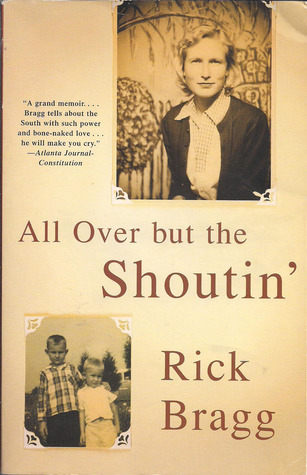
Bibliography
Fuhrman, Joel, M.D., Eat to Live. New York: Little, Brown & Co., 2011. Print.
image from:
My Thoughts
A friend of mine committed to hard core following this book. She got GREAT results, so I thought I'd read it and see what it's about, and if I could follow the "plan" Dr. Fuhrman gives.
Well, I've read the book. Thought about what he says (which does make sense), but I haven't actually committed to it yet. I feel like summer is a good time to try this, but not having a routine schedule and being at the mercy of the road hasn't made me start.
The premise is to eat 1 pound of raw vegetables, 1 pound of steamed vegetables, 1 cup of beans and 4 fresh fruits daily. This sounds doable. I eat salad. I eat fruit. Should be easy. However, I'm not finding myself doing it. I'm eating lots of other stuff that isn't included in Fuhrman's plan. He also gives some items to limit: cooked starchy vegetables or whole grains, raw nuts & seeds, avocado, dried fruit and ground flaxseeds. Off limits items are dairy products, animal products, between-meal snacks, fruit juice and oils (Fuhrman 284).
There is a detailed meal plan with recipes included. This is 56 pages of the book. I liked that Fuhrman says to read the book first, without skipping ahead to the "plan." Included are "ten easy tips for living with the six week plan"
- Salad is the main dish: eat it first at lunch and dinner
- Eat as much fruit as you want but at least four fresh fruits daily.
- Variety is the spice of life, particularly when it comes to greens.
- Beware of the starchy vegetable.
- Eat beans or legumes every day.
- Eliminate animal and dairy products.
- Have a tablespoon of ground flaxseeds every day.
- Consume nuts and seeds in limited amounts, not more than one ounce per day.
- Eat lots of mushrooms all the time.
- Keep it simple. (Fuhrman 287)
He backs up what he's saying with scientific studies and refutes other claims made by experts, including the USDA's Food Guide Pyramid (Fuhrman 99). He is realistic. "This program is not for everybody, because added to the desire to lose weight must be the willingness to make a commitment to achieve wellness" (Fuhrman 309). He is informative (did you know that meat isn't the only source of protein? Did you know "all green vegetables are high in calcium" (Fuhrman 140)? He is funny. "Believe it or not, I do not expect you to eat exactly like a gorilla" (Fuhrman 96). He states that by eating more healthy green vegetables, the healthier and thinner the doer will become (Fuhrman 96). "The high volume of greens not only will be your secret to a thin waistline but will simultaneously protect you against life-threatening illnesses" (Fuhrman 155). He is encouraging. "Eat to Live does not have to be an all-or-nothing decision on day one. Incremental improvements bring benefits" (Fuhrman 221). "We can't buy good health; we must earn it" (Fuhrman 412).
Caffeine "promotes inadequate sleep, and less sleep promotes disease and premature aging" (Fuhrman 403)
Cancer Fuhrman writes that "the war against...cancer..is to follow the overall advice presented in this book and begin at as young an age as possible (132). He later writes that there is evidence that "high-growth-promoting foods such as dairy products" are "a causative factor in both prostate and ovarian cancer" (Fuhrman 142). This got my attention.
Headache "Recurrent headaches...are almost always the result of nutritional folly and...are completely avoidable" (Fuhrman 264). He lists 15 common migraine triggers (sweets being the first one listed) (Fuhrman 266). He advises instead of medicine to "drape a cold washcloth over their forehead and lie down in a dark room to rest" (Fuhrman 265). He even includes an Anti-Headache Diet
Hunger "True hunger is felt in the throat, neck, and mouth, not in the stomach or head" (Fuhrman 201). WHAT? I was interested in these paragraphs about true hunger. Very informative (and logical). "Symptoms of true hunger: enhanced taste sensation, increased salivation, gnawing throat sensation" (Fuhrman 202). He encourages the reader to "get back in touch with true hunger" to understand the correct signals a healthy body will give.
Nutritarian-a term Fuhrman coins to describe "a person whose dietary focus is on eating healthful, nutrient-rich foods (217).
Social support-Fuhrman suggests to have family and friends read this book "not with the purpose of recruiting them to this way of eating, but so they will help you and understand why you are eating this way" (Fuhrman 383).


